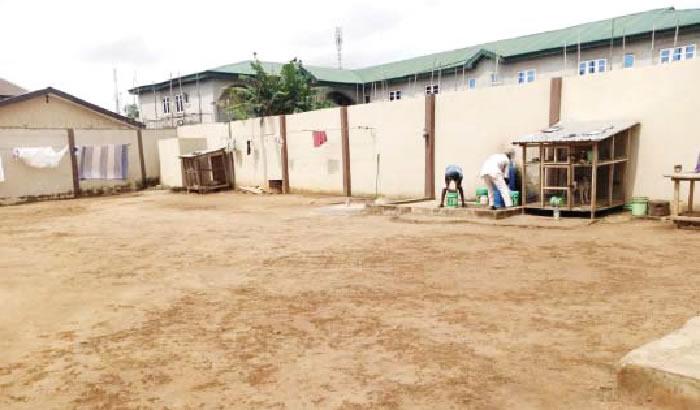A recent report by Ubosi Eleh & Co. sheds light on the potential economic benefits of increasing titled land properties by 25%.
Titled “Reinvigorating Nigeria’s Economic Potential With Dead Capital,” the report underscores the vast untapped economic potential within idle assets nationwide.
The report highlights that trillions of naira remain dormant due to underutilized assets, hampering Nigeria’s economic growth. It emphasizes the need for collaborative efforts between the government, communities, and stakeholders to implement reforms aimed at unlocking dead capital.

A hypothetical 25% surge in titled land is projected to significantly enhance the Gross Domestic Product (GDP) by boosting agricultural productivity, attracting investments, and stimulating economic development.
This surge would spur real estate development, construction projects, and infrastructural development, fostering a surge in economic activity nationwide.
READ ALSO: Lagos Commits to Affordable Housing, Enhanced Infrastructure in Alimosho Local Council
Currently, Nigeria possesses a vast land area of 923,000 square kilometers, with less than 10% of it titled.
The report acknowledges the challenges in accurately assessing Nigeria’s dead capital due to various factors such as unclear property rights, informal land ownership, and disputed boundaries.
To address these challenges, the report recommends several steps to rejuvenate the economy by freeing up dead capital. Initiatives such as the establishment of the Ministry of Finance Incorporated and the National Land Reform Commission aim to streamline legal frameworks, secure property transactions, and catalyze investment opportunities.
READ ALSO: How UNILAG VC host London -Lagos solo driver Pelumi Nubi
Furthermore, the report stresses the importance of recognizing land as a crucial factor of production and simplifying procedures for land titling and registration. Leveraging technology, enhancing public awareness, and facilitating access to financial resources are also highlighted as essential strategies to unlock the full potential of land assets.
According to estimates by PwC, Nigeria currently holds approximately $900 billion worth of dead capital, including abandoned properties owned by the Federal Government.
In light of these findings, stakeholders are urged to prioritize land reform initiatives to unleash Nigeria’s economic potential and foster sustainable progress.



